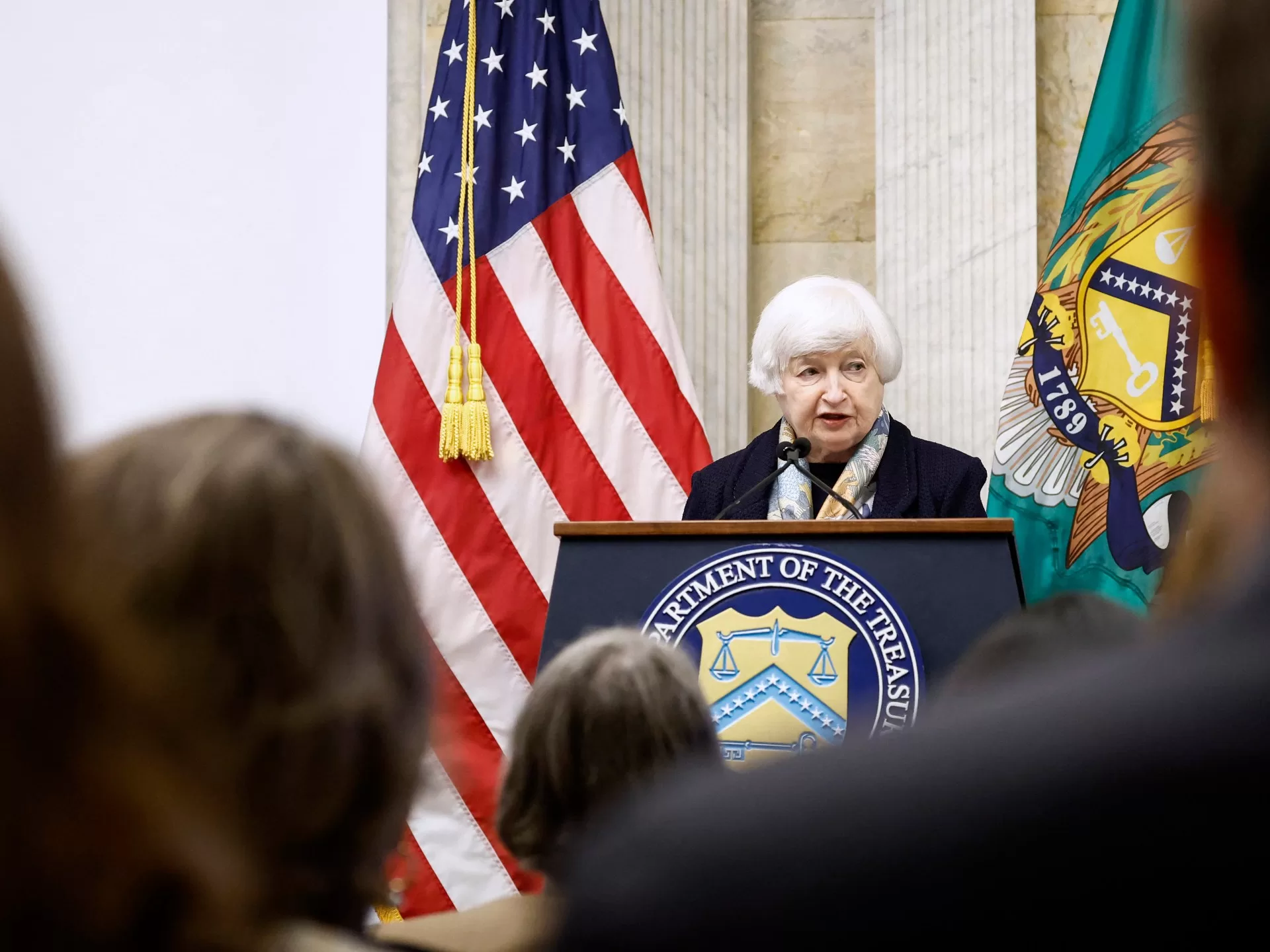The technology helped recover $1.3bn in tax fraud in the 2024 fiscal year, says the Treasury.
The United States Treasury Department is turning more to artificial intelligence (AI) to fight fraud, using the technology to thwart $4bn in improper payments in the last year.
The agency released the estimate in a press release Thursday announcing the success of its “technology and data-driven approach”.
In fiscal year 2024, which ran from October 2023 to September 2024, the Treasury used machine-learning AI to halt $1bn in cheque fraud, it said.
At the same time, its AI processes helped weed out $3bn in other improper payments, including by pinpointing at-risk transactions and improving screening, it added.
The $4bn total annual fraud prevention was six times higher than that captured in the previous year, according to the agency.
Finding ‘hidden patterns’
Treasury official Renata Miskell told CNN that the use of AI technology has been “transformative” for the agency, which still requires a human to make the last call on labelling fraud.
“Fraudsters are really good at hiding. They’re trying to secretly game the system,” Miskell said. “AI and leveraging data helps us find those hidden patterns and anomalies and work to prevent them.”
Each year, the US Treasury, the US’s finance department, distributes some 1.4bn payments, totalling over $6.9 trillion, according to the agency.
In its statement on fraud prevention, the agency said it “takes seriously our responsibility to serve as effective stewards of taxpayer money”.
“Helping ensure that agencies pay the right person, in the right amount, at the right time is central to our efforts,” it added.
The Treasury is not the only US agency turning to AI to crack down on financial crime. The Internal Revenue Service (IRS), which collects federal taxes, is also leveraging the tool to fight tax fraud, with plans to use it to ramp up audits in the years ahead.
The IRS said last month that it had recovered $1.3bn from wealthy taxpayers since late 2023, as part of efforts targeting the returns of high-income individuals.
IRS’s most recent estimate of the amount owed and not paid stands at about $496bn each year (for 2014-2016). That tax gap was expected to grow to $688bn in 2021, according to US Government Accountability Office (GAO).
As AI grows more prominent in the industry, regulators have warned that it raises safety and soundness risks.
US Treasury Secretary Janet Yellen, who chairs the Financial Stability Oversight Council, said supporting responsible AI innovation can allow the “financial system to reap benefits like increased efficiency, but there are also existing principles and rules for risk management that should be applied”.
